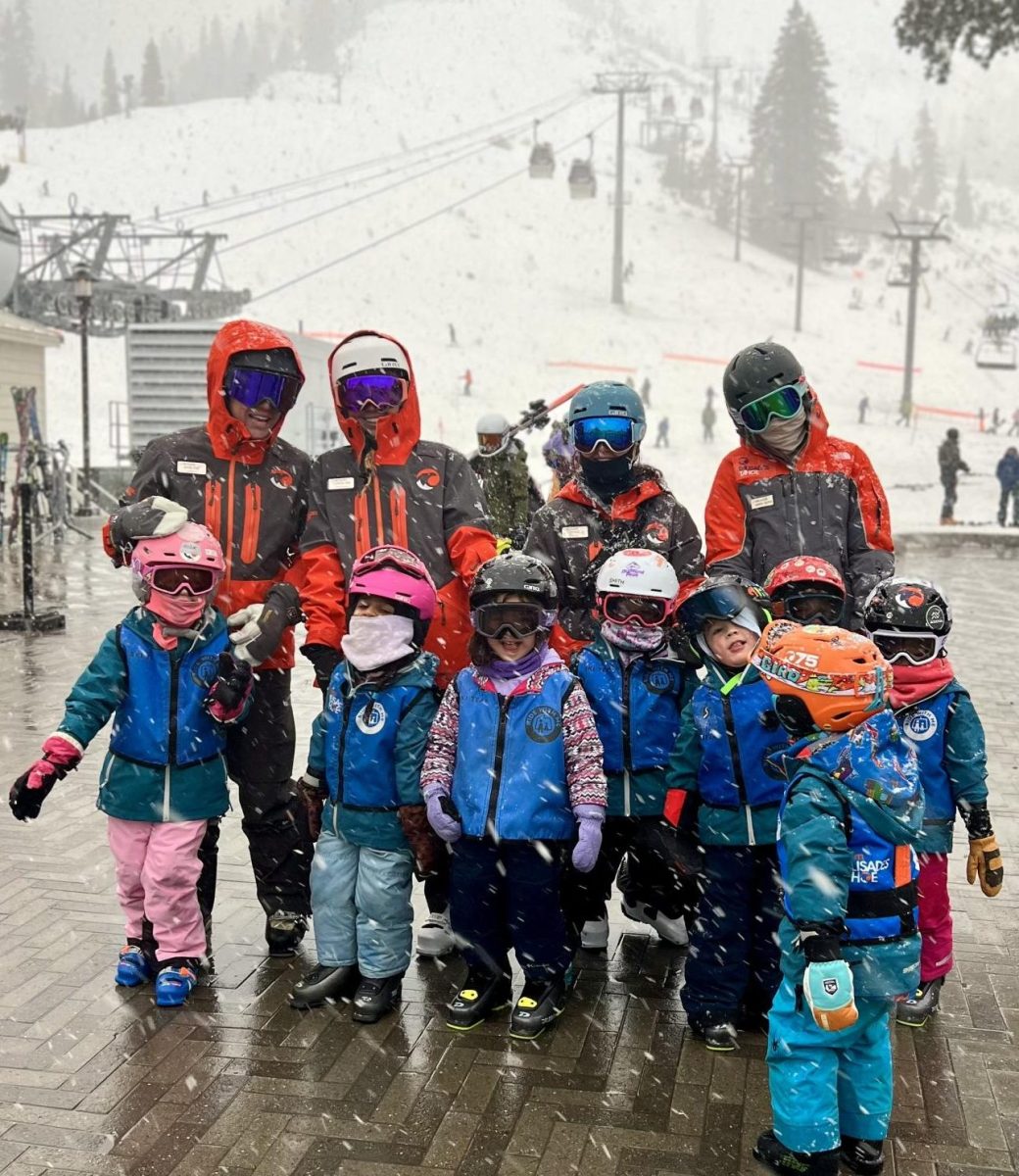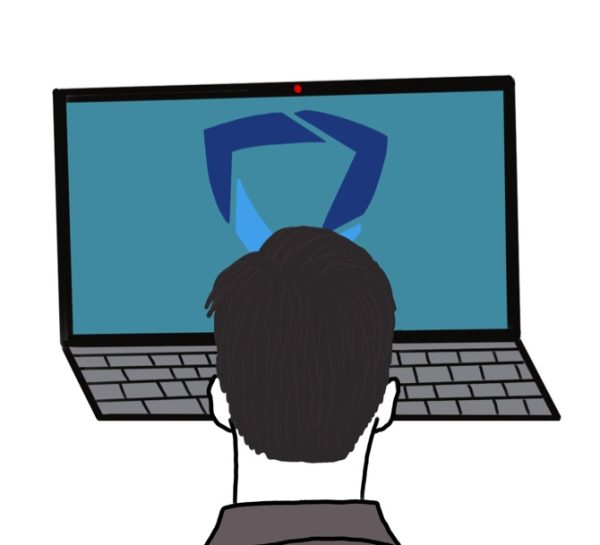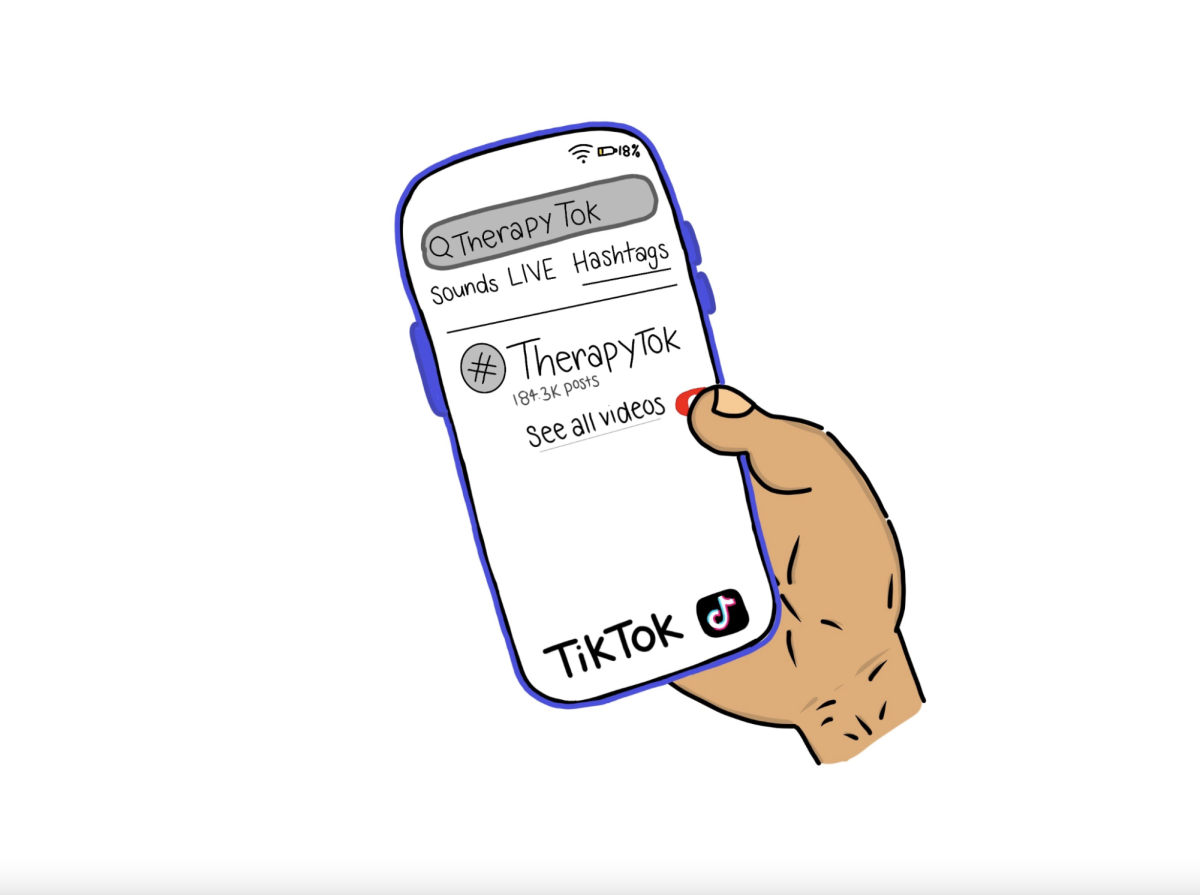Undeniably, an event that Generation Z will remember for the rest of their lives is the COVID-19 pandemic. As grandparents, Gen Z will be answering questions from their grandchildren about how they managed virtual school and persevered through months of isolation. But what is not certain is how the pandemic will change our generation’s characteristics and how it will compare to the characteristics of previous generations.
 Baby Boomers (1946-1964) were the first generation to be named, titled in accordance with the exponential increase in babies born in the years following World War II. After the labelling of the Baby Boomer Generation, the two older age ranges, the Greatest Generation (1901-1924) and the Silent Generation (1925-1945), were given their own names. Then came Generation X (1965-1980), Millennials (1981-1996) and Generation Z (1997-2010). The current generation, Generation Alpha, is considered to start in the early 2010s, though an end year has yet to be decided.
Baby Boomers (1946-1964) were the first generation to be named, titled in accordance with the exponential increase in babies born in the years following World War II. After the labelling of the Baby Boomer Generation, the two older age ranges, the Greatest Generation (1901-1924) and the Silent Generation (1925-1945), were given their own names. Then came Generation X (1965-1980), Millennials (1981-1996) and Generation Z (1997-2010). The current generation, Generation Alpha, is considered to start in the early 2010s, though an end year has yet to be decided.
At Redwood, social issues teacher, David Plescia, spends time covering the individual behaviors of generations and their impacts. Plescia remembers how, growing up, his grandmother had many distinct characteristics including obedience to authority, honesty and the “obligation to serve the greater good,” which were typical of the Silent Generation and the Greatest Generation. Plescia attributes these qualities to the Great Depression, which his grandmother lived through at a young age.
While Plescia realizes it is important to remember that we all have individual experiences which shape how we act, it is also important to consider how life changing events, like the Great Depression, change how society operates as a whole.
 “There are some people that hate talking about generations because you don’t talk about people’s individual experiences, so [they think] it invalidates certain individuals, and obviously to an extent that’s true,” Plescia said. “But it is also a way of understanding what the pulse of the nation is. What we’re doing is trying to just historically take a look at what are the trends of certain timeframes.”
“There are some people that hate talking about generations because you don’t talk about people’s individual experiences, so [they think] it invalidates certain individuals, and obviously to an extent that’s true,” Plescia said. “But it is also a way of understanding what the pulse of the nation is. What we’re doing is trying to just historically take a look at what are the trends of certain timeframes.”
As a member of Generation X, Plescia deems independence one of the biggest characteristics of his generation. Most Gen Xers came of age in the 1970s and 80s, a time when, according to the U.S. Labor Force, the number of women ages 25 to 34 in the workforce increased from 45 percent to 65.5 percent, and the number of women ages 35 to 44 in the workforce increased from 51.1 percent to 65.5 percent from the past decade.
Along with this increase in working mothers, divorce rates peaked in 1980 with 22.6 divorces per 1,000 married women according to the National Marriage Project. With these rising divorce rates and the number of women in the workforce, came a new group of children given the name “latchkey kids” who were given high levels of independence after school.
 Plescia believes the decrease in constant parental supervision during the childhood of Gen X caused them to take on a more involved parenting style when it came to their children.
Plescia believes the decrease in constant parental supervision during the childhood of Gen X caused them to take on a more involved parenting style when it came to their children.
“That’s one of the reasons why, when some of [Gen X] became parents, [they] kind of wrapped [their] kids in bubble wrap because we didn’t want them to get in trouble,” Plescia said. “When I was a kid, we didn’t wear bike helmets. Nowadays, if you were a parent and your kid was on a bike without a helmet, you’d be chastised.”
As Plescia points out, a large part of what characterizes a generation is the events that occur when they are still developing. In a study conducted by Pew Research, Americans were asked to name the most  influential event in their lives and 76 percent responded with the attacks on Sept. 11, 2001. The percent of participants who responded with 9/11 was highest for Millenials at 86 percent, but this percentage decreased in frequency with the older generations all the way down to 70 percent for Baby Boomers and 59 percent for the Silent Generation, a conclusion that makes sense to Plescia.
influential event in their lives and 76 percent responded with the attacks on Sept. 11, 2001. The percent of participants who responded with 9/11 was highest for Millenials at 86 percent, but this percentage decreased in frequency with the older generations all the way down to 70 percent for Baby Boomers and 59 percent for the Silent Generation, a conclusion that makes sense to Plescia.
 “I think it would have been much different to experience 9/11 as a 12-year-old as opposed to someone who’s 30. As shocking as 9/11 was, I think there was a little bit less shock for someone over the age of 30 because they already had an understanding of history and how the world can go sideways. But if I was a 12-year-old and was just beginning to understand that everything isn’t peaches and cream, there would be a much greater impact or disillusionment [after 9/11],” Plescia said.
“I think it would have been much different to experience 9/11 as a 12-year-old as opposed to someone who’s 30. As shocking as 9/11 was, I think there was a little bit less shock for someone over the age of 30 because they already had an understanding of history and how the world can go sideways. But if I was a 12-year-old and was just beginning to understand that everything isn’t peaches and cream, there would be a much greater impact or disillusionment [after 9/11],” Plescia said.
Junior Eric Sunshine, a member of Generation Z and a current member of Redwood Leadership, claims that the biggest event that has affected him so far has been the March for our Lives, a student-led movement that protests gun violence in classrooms across America that was started after the shooting at Marjory Stoneman Douglas High School in Parkland, Florida in 2018.
“I think that the Parkland shooting in particular hit so hard for almost every single person in [Gen Z]. That was the first time that I’d ever seen a movement fully driven by my peers and people my age. I think that it was really influential to Gen Z,” Sunshine  said.
said.
Sunshine believes the Parkland shooting and subsequent March for our Lives Protests helped to kickstart his own activism  tendencies. This willingness to question authority and lean towards activism is the biggest defining and uniting factor for Gen Z in Sunshine’s opinion.
tendencies. This willingness to question authority and lean towards activism is the biggest defining and uniting factor for Gen Z in Sunshine’s opinion.
“We’ve grown up with these large social feeders [including women’s rights and marriage equality], so when those social structures get threatened, I think we find that a little bit more shocking than other generations,” Sunshine said.
While it is unclear how the pandemic will affect the way society acts and how Gen Z will view the world afterward, school psychologist Kathleen Roy thinks the impact will be substantial.
“The pandemic is going to change everything. When you watch a movie or a TV show and you see people without masks on, I have to think, ‘It’s okay that they weren’t wearing masks because it’s pre-COVID-19.’ I see the world differently now,” Roy said. “When  things go back to normal, to what extent they do go back to normal, we will have some residual effects [from the pandemic]. We may always be apprehensive about shaking someone’s hand or if somebody sneezes or coughs near us or just by being in crowds.”
things go back to normal, to what extent they do go back to normal, we will have some residual effects [from the pandemic]. We may always be apprehensive about shaking someone’s hand or if somebody sneezes or coughs near us or just by being in crowds.”
One Bloomberg article entitled How Our Behavior Will Change After the Pandemic,  indicates that along with a heightened germ fear following the pandemic, there will also be a shift in how we interact.
indicates that along with a heightened germ fear following the pandemic, there will also be a shift in how we interact.
According to Pew Research, one in three Americans have influenced high levels of anxiety during the COVID-19 outbreak so far. Bloomberg thinks that following this period of isolation and anxiety, we will be drawn together and spend more time with friends and family.
The emergence of the novel coronavirus has undoubtedly impacted the lives of all Americans in 2020. We have lived through stay-at-home orders and disruptions to our activities and daily lives. However, it is impossible to tell how this series of unfortunate events will impact our outlook on life and shape the characteristics of the generations developing during these unprecedented times.














